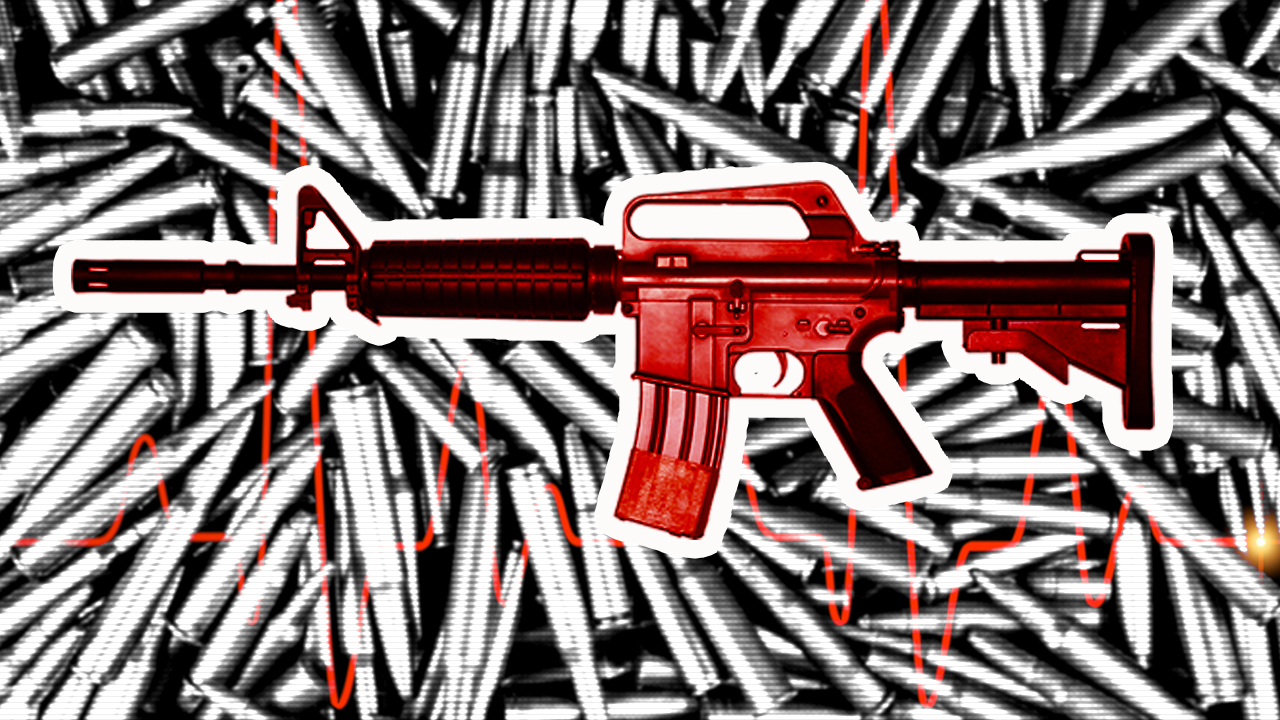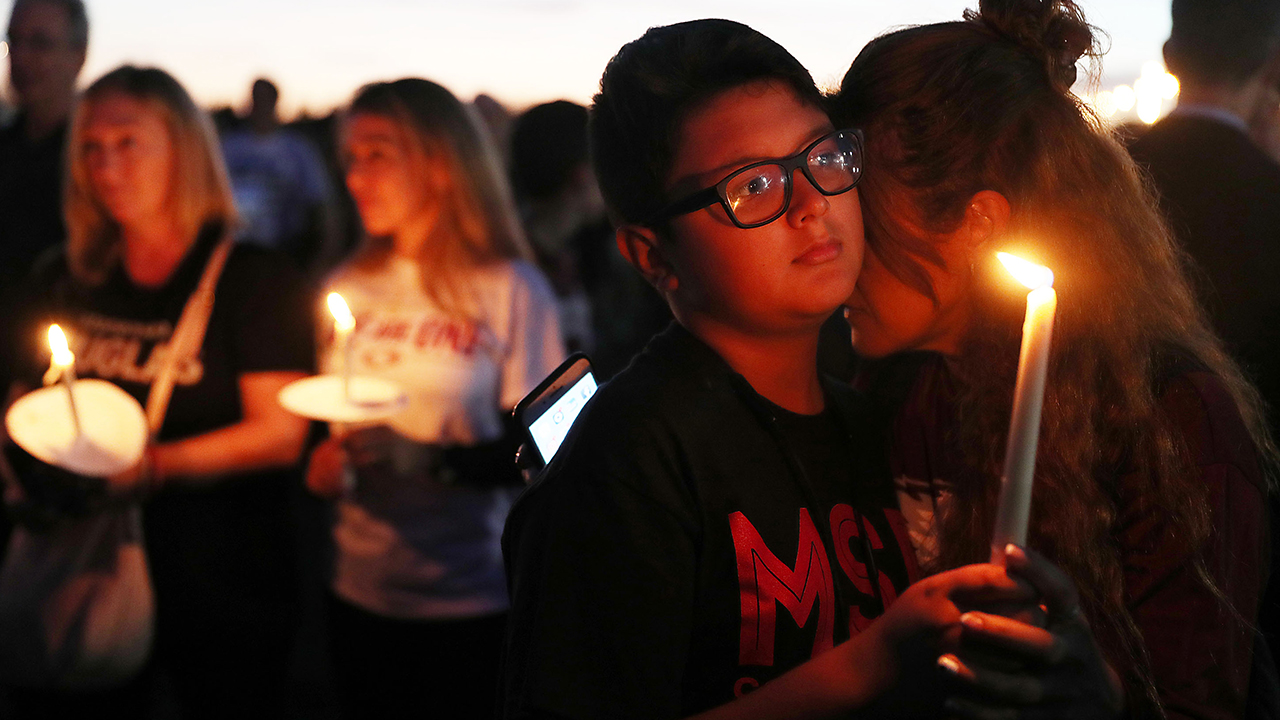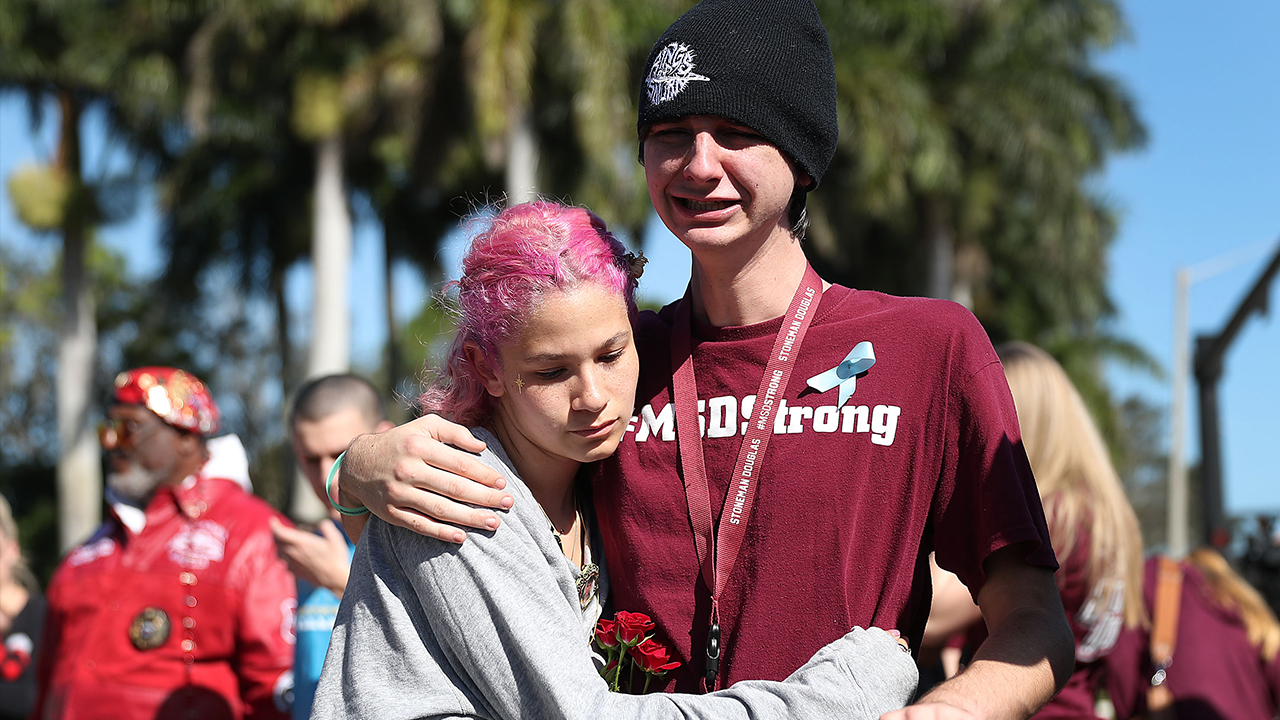
Just days after the largest mass shooting in the history of their nation — on March 15, 2019 — New Zealand had a brand new gun control policy. The move made headlines across the United States, where we can’t even seem to find the right time to discuss guns, even after two mass shootings at different Walmarts and one at a garlic festival in the span of a few days. What’s even more shocking is that there was no centralized pushback to the restrictive actions in NZ. When the law was introduced to parliament on April 10th, it had wide bipartisan support. A second set of laws, announced on July 22nd, is also expected to pass.
Americans don’t even see bipartisan grieving after mass shootings. Our politicians know their talking points before they know the body count. For many — a list that perfectly coincides with those who accept NRA donations — there’s no moral outrage at all. Only “thoughts and prayers.”
The difference in the two responses is tricky to parse. New Zealand’s population is roughly 1/75th of ours (though it’s only two times less dense). It also doesn’t have gun rights written into its founding document, something which severely impedes progress on gun control in America. But the biggest difference is the philosophical approach taken by each nation. The U.S. response to gun violence is “rights-based” or, to be more clear, “personal rights-based.” The autonomy of the individual is valued over the safety of the general public.
In New Zealand, they take a “public health” approach. Meaning no one cares about your rights if they impede the reasonable desires of the public to avoid preventable catastrophes, no matter how rare those catastrophes are. This resulted in a strict ban on military-style semi-automatics, expensive gun buybacks, and new, more stringent licensing rules shortly after the Christchurch mosque shooting.
Americans have tried the rights-based method of firearms management since this country began. We fall back on it over and over in the face of tragedy. If we want true change — if that’s actually a national goal — it’s time to give the public health approach a try.

Horrific as it is, there’s never been a better time to make the public health argument for gun control. Not only have we seen a spate of mass shootings, not only has New Zealand modeled this thought process (with a swiftness that underscores the inaction of American politicians), but the recent suicides of two students from Parkland, Florida remind us of the collateral damage that mass cataclysm has on a community. Clearly, these sorts of highly publicized shootings have a longtail effect, which extends beyond those in the line of fire — as we saw earlier this year, with the suicide of Jeremy Richman, who lost his six-year-old daughter in the 2012 Sandy Hook massacre.
When they aren’t gun-induced, morale-crushing tragedies are something the United States invests heavily to insulate ourselves against. Our counterterrorism budget post-9/11 has represented between 15-22% of total US discretionary spending, up from 2% in 2001. But compared to epidemics like opioids, diabetes, and heart disease, terrorism deaths in the United States are absolutely minuscule. Clearly, the goal isn’t simply to “keep as many people alive as possible,” it’s also “prevent the sorts of tragedies that can single-handedly transform the American psyche.”
September 11th undoubtedly shattered American morale. Our response to this tragic loss of life is evident in the increase in “Defense against Catastrophic Threats” subheading of the Homeland Security budget — which jumped 958% after the attacks. But Columbine, Aurora, San Bernadino, Sandy Hook, Virginia Tech, Pulse Nightclub, Las Vegas, and Parkland all level a psychic freight on our nation too. The same “prevent calamity at all costs” approach we’ve adopted to fight terrorism makes all the sense in the world with guns. Not because it’s perfectly logical but because it’s a natural response to the fears and apprehensions of the people of this country.
The majority of teens worry that a mass shooting could happen at their schools. The majority of parents share this dread. As such, it’s a situation ripe for a public health intervention. If allaying the anxieties of our citizenry is indeed one of the functions of government, the current climate demands action. Action that would supersede the Second Amendment right that Las Vegas shooter Stephen Paddock exercised when he stockpiled 31 Armalite-style weapons in his home (22 were with him in his hotel suite the night he killed 59 people).

Here’s the brutal twist: There’s absolutely no empirical evidence that dramatic government action in the United States, action which dared to alter the almighty second amendment, would be effective. No data to say that the hardline gun laws implemented post-tragedy by New Zealand, Australia, Great Britain and, to a lesser degree, Finland, Canada, and Germany have actually decreased mass shootings.
Sure, comedian Jim Jefferies can tease the United States about how Aussies had a mass shooting in Port Arthur, promptly bought back and melted down semi-automatic rifles, and haven’t had a mass shooting since, but Australia didn’t have many mass shootings before the Port Arthur Massacre, either. Yes, the murder and suicide rates by gun decreased, but the suicides by guns were replaced with other methods and the murder rate drop was in line with pre-Port Arthur trends.
The fact is that mass shootings are statistical anomalies, way outside of the bell curve, which makes them difficult to study. As FiveThirtyEight notes:
Overall, the effects of Britain’s and Australia’s gun buybacks aren’t as clear as headlines after U.S. mass shootings suggest when urging U.S. officials to follow their lead. Some of the possible positive effects — in particular, a reduction in mass shootings — are hard to measure because the phenomenon itself is rare before and after.
How would New Zealand Prime Minister Jacinda Ardern respond when confronted with this lack of supporting evidence for her pending assault rifle ban? Probably with a shrug.
“I know that this might for a short period create a small degree of uncertainty amongst some gun owners, including those who possess guns for legitimate reasons, and I particularly acknowledge those in our rural communities,” she said last week. “I want to assure you that the work that we are doing is not directed at you. In fact, I strongly believe that the vast majority of gun owners in New Zealand will agree with the sentiment that change needs to occur.”
In short: #NotAllGunOwners, but also, “we’re doing it anyway because we’re going to do anything in our power to prevent a calamity like the Christchurch mosque shootings. That’s what we deem best for the wellbeing of our nation.”
Because while there’s no data that promises sweeping gun reform works in preventing mass shootings, there’s certainly no data to suggest that it doesn’t. New Zealand, like its fellow Commonwealth Countries, interprets the lack of conclusive evidence as “no reason not to try,” while the US has historically been bullied by the NRA (a conservative political lobby that once focused on firearm safety) into remaining absolutely inactive. This petrified refusal to act in order to prevent mass cataclysm is reserved only for guns. FiveThirtyEight also observed that there’s no metric to support the idea that taking off our shoes and giving up our face wash to the TSA decreases deaths either.
And yet we do it anyway. We grumble and we get annoyed, but we do it.
This is exactly how public health works. It accepts minor inconveniences for most gun owners — new licensing regulations, restrictions on magazine size, and even the incendiary “assault weapons ban” — in favor of preventing the sorts of shootings that shake the nation to its very core. It’s the sort of decisive action that Kiwis, Aussies, Scots, and Brits are known for. The sort that the U.S. took when it came to preventing shoe bombers, but has remained absolutely frozen on in the face of a different sort of terror.
It’s time we rethink that approach. Not because the metrics demand it, but because the desire to prevent mass tragedy is something we believe in as a nation. Something we’ve proven we’re willing to make sacrifices for. In the simplest terms: It’s a situation that calls us to do something because doing nothing hasn’t worked.
